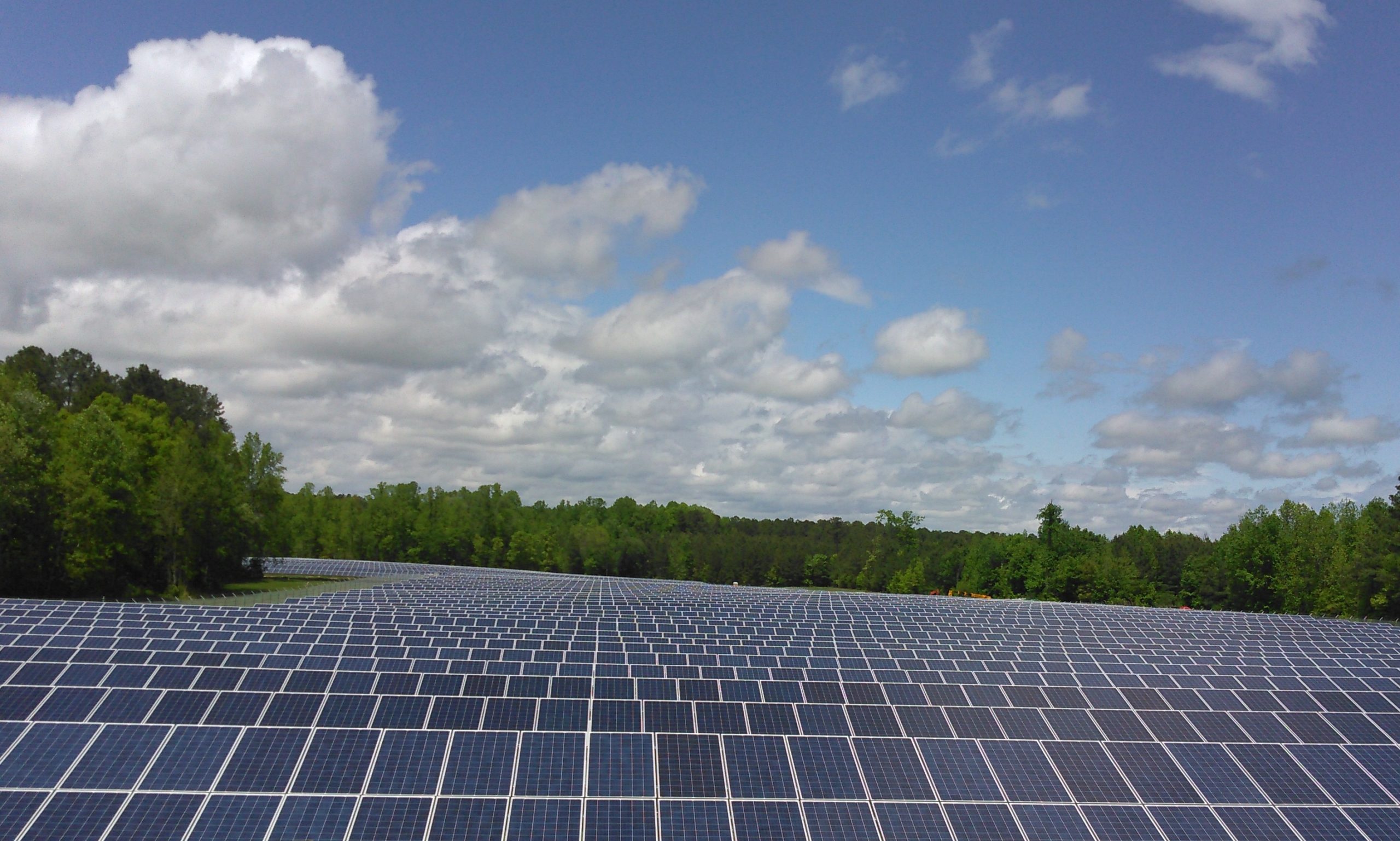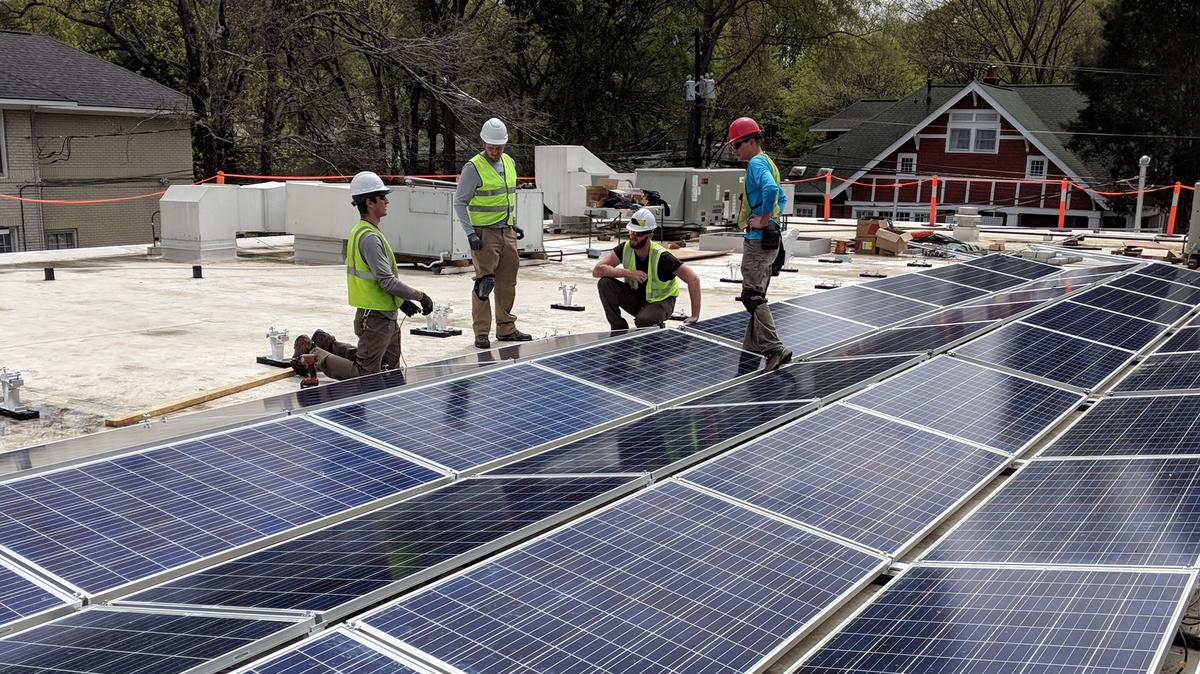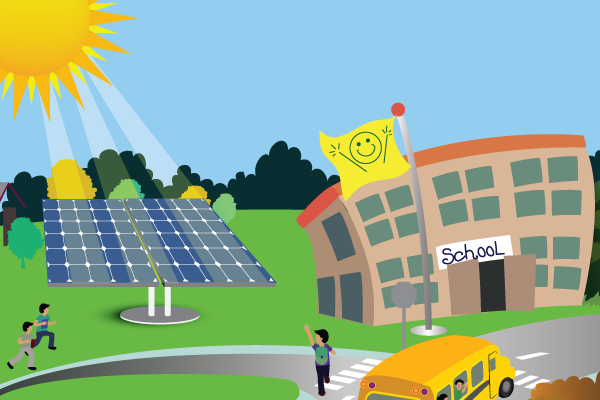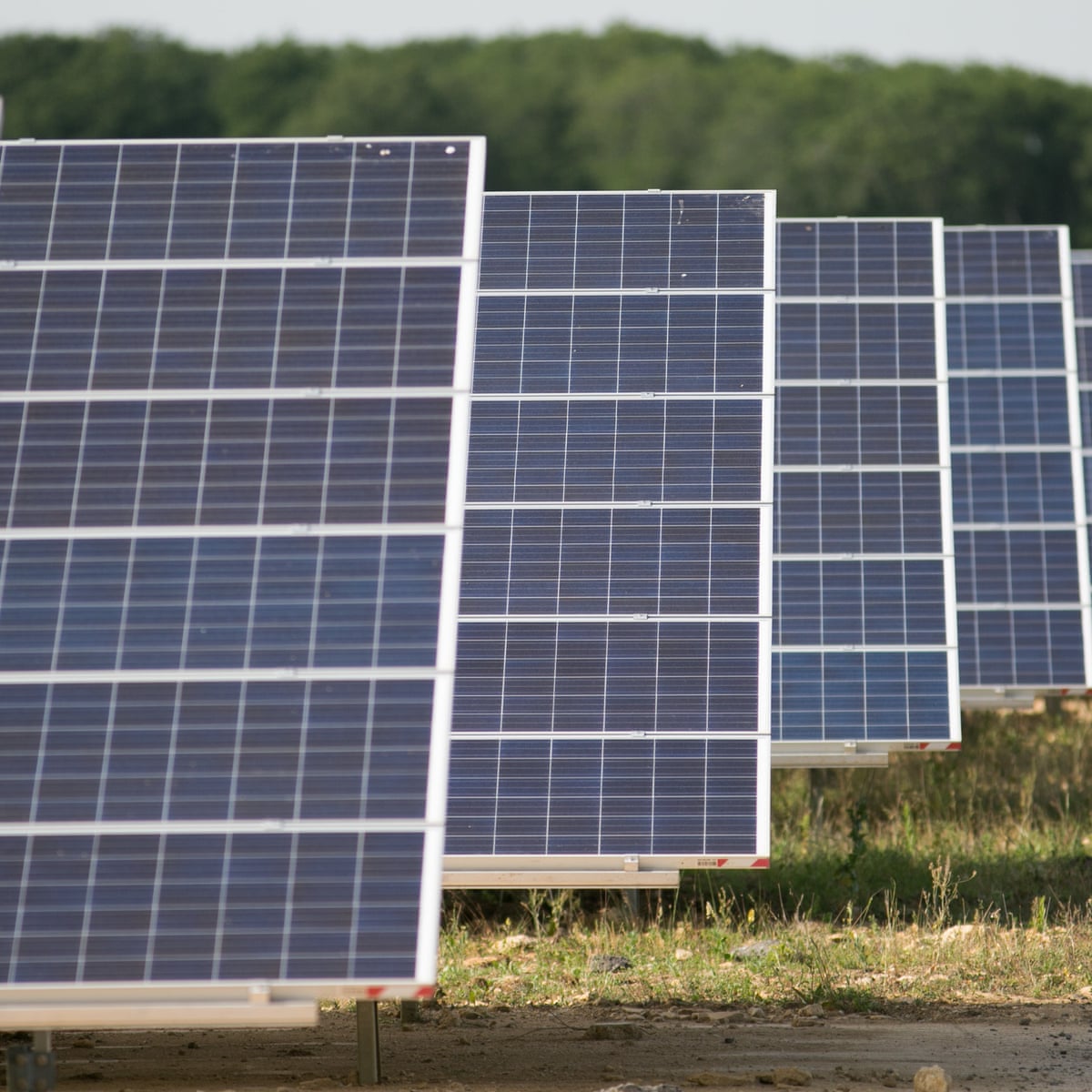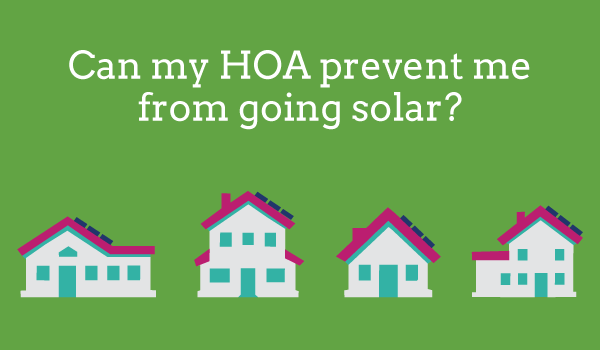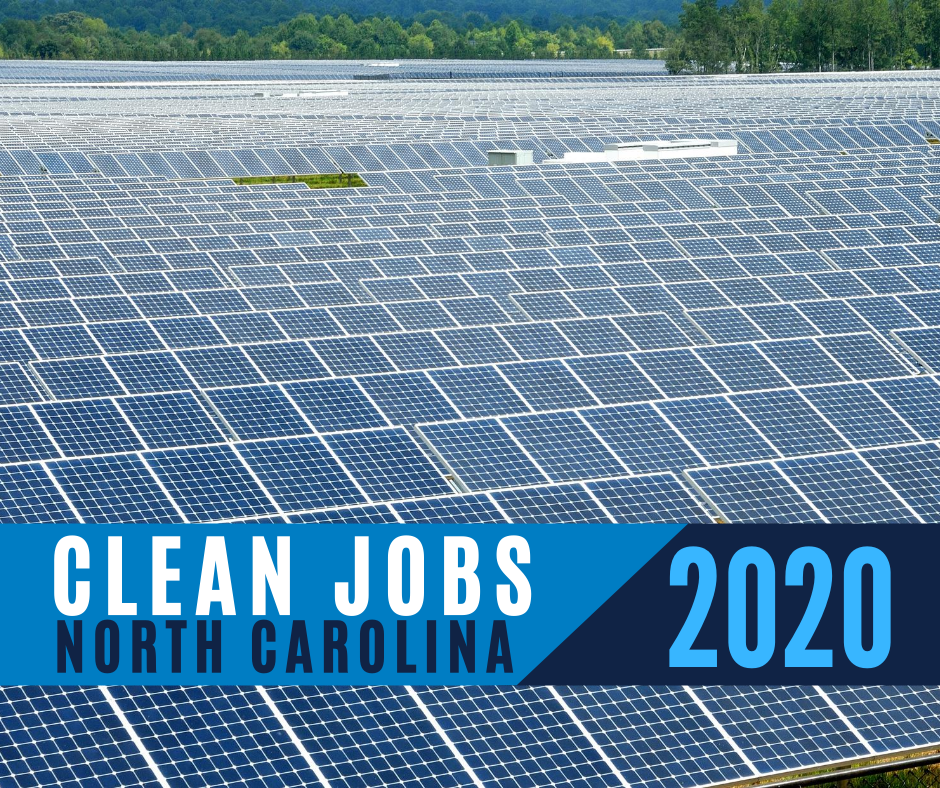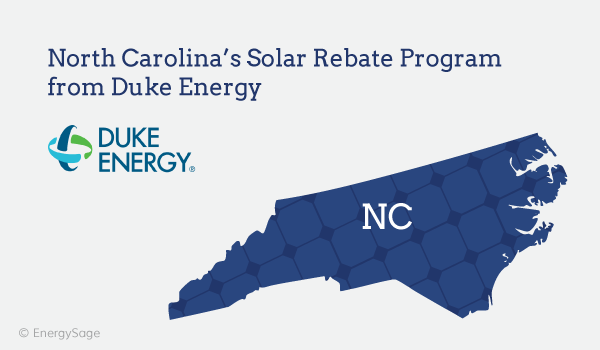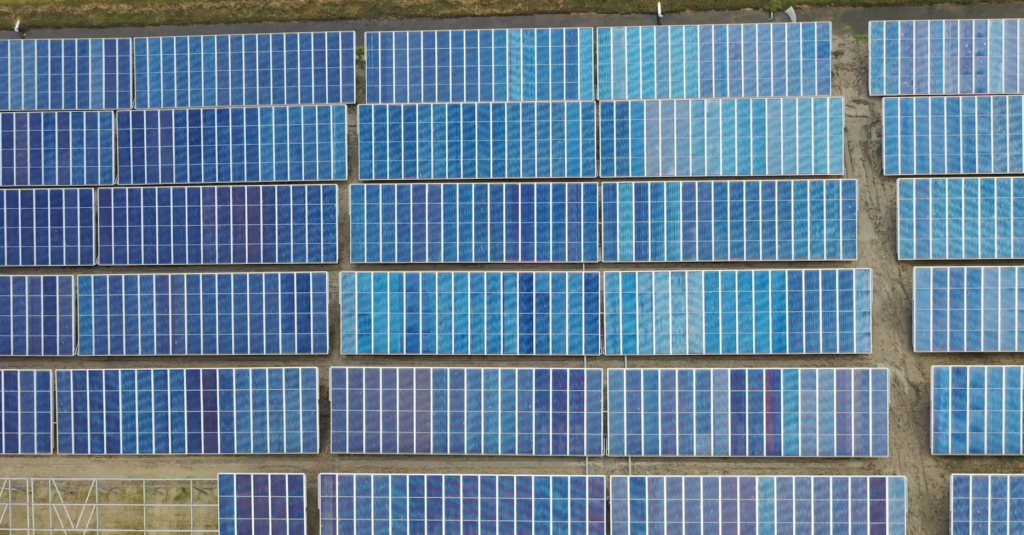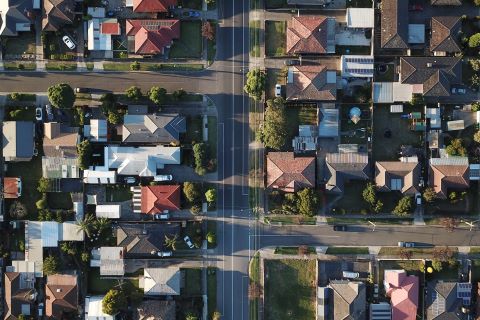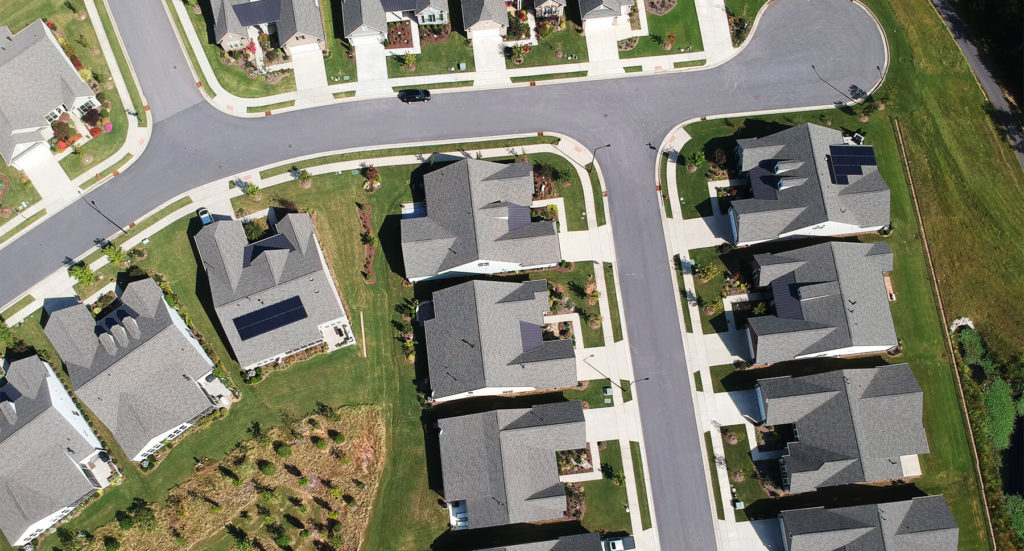Nc Solar Panel Law

The first relevant date for a homeowner s association in north carolina is october 1 2007.
Nc solar panel law. Session law 2007 279 senate bill 670 an act to provide that city ordinances county ordinances and deed restrictions covenants and other similar agreements cannot prohibit or have the effect of prohibiting the installation of solar collectors not facing public access or common areas on detached single family residences. Roy cooper positions the state for continued solar growth while saving customers money. Posted on october 3 2019 by david wilson. The competitive energy solutions for north carolina law signed recently by gov.
Solar leasing which became legal in north carolina with a 2017 state law is a different financing method in which customers pay a flat fee per month to lease the equipment and the fee is not. Thanks to this legislation solar loan terms in north carolina can be no longer than 20 years have an interest rate cap set at 8 percent and can easily be renewed. For years north carolina has followed the national trend of promoting and encouraging green technology and cleaner and more efficient ways of producing energy. The statute is titled deed restrictions and other agreements prohibiting solar collectors n c g s.
The current state of solar laws for homeowners associations in north carolina 2019 update. For homeowners associations the trend has been for state legislatures to create laws allowing installation of solar collectors regardless of what the hoa may say. Federal investment tax credit. Occasionally homeowners associations will ask that a solar array not be visible from a road or common area of a neighborhood.
A north carolina town rejected the further installation of solar panels. However there is a north carolina law that specifically addresses solar panels and the extent to which they may be regulated or prohibited by restrictive covenants. North carolina law requires all three of north carolina s largest electric utilities duke energy progress energy and dominion north carolina power to make full retail rate net metering available to customers. According to north carolina senate bill 670 there are solar access laws that give the homeowner power over local ordinances to utilize solar radiation as energy on their detached single family residence homes.
Some residents registered fears that the panels would disrupt the local ecosystem while many others worried property values. Unfortunately the statute is not a picture of clarity. North carolina is already no.




